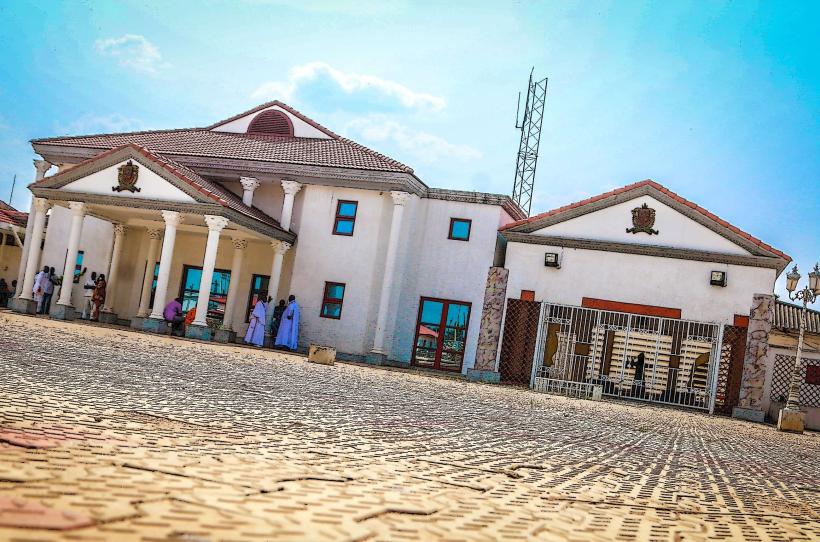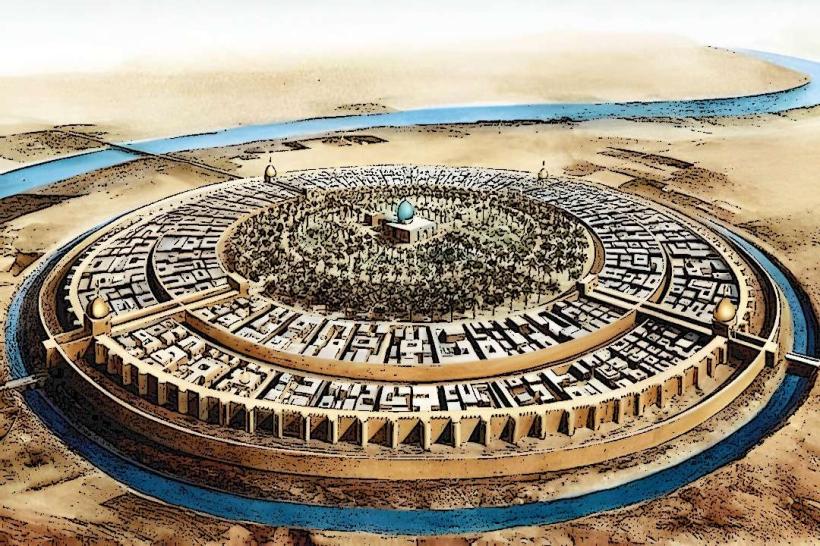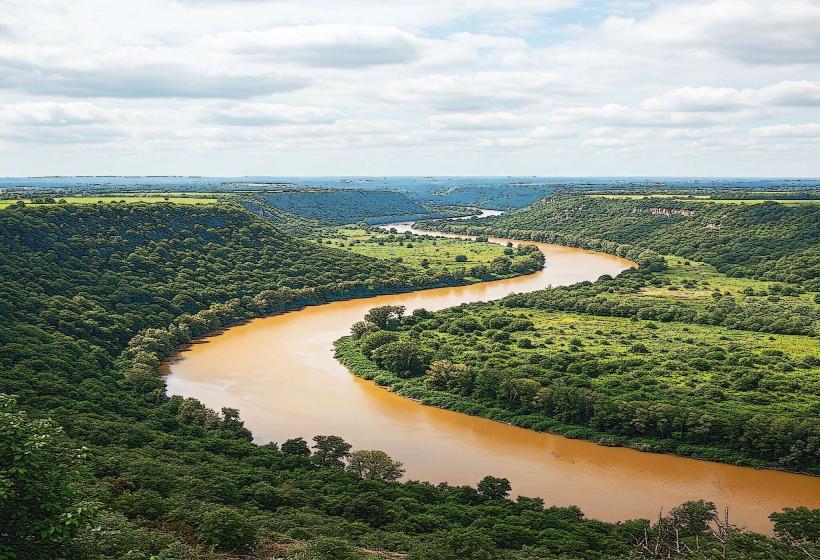Information
Landmark: Ugoneki ForestCity: Benin City
Country: Nigeria
Continent: Africa
Ugoneki Forest, Benin City, Nigeria, Africa
Ugoneki Forest, situated in Edo State, southern Nigeria, is part of the country's larger tropical rainforest zone, which is home to a rich diversity of plant and animal species. Here is a more detailed look at the forest, its ecological importance, and the surrounding area:
1. Ecological Importance
Ugoneki Forest is part of the extensive rainforests that stretch across the southern regions of Nigeria. These forests are critical in maintaining the local ecosystem and supporting a variety of wildlife. The forest's biodiversity includes a wide range of tree species, plants, and animals. Some of these species are endemic to the region, meaning they are found nowhere else on Earth. The forest serves as an important carbon sink, helping to absorb carbon dioxide from the atmosphere and mitigate the effects of climate change.
2. Biodiversity
The forest is home to various wildlife species, including primates, reptiles, and birds, some of which are endangered. The diverse flora and fauna found here contribute to Nigeria's overall biodiversity. These species play crucial roles in pollination, seed dispersal, and maintaining a balanced food chain. However, the specific species that reside in Ugoneki Forest are not extensively documented in public sources, and detailed studies on the forest's biodiversity may still be ongoing.
3. Cultural and Spiritual Significance
For the local communities, particularly those in the towns and villages surrounding the forest, Ugoneki Forest holds cultural and spiritual significance. Many forests in Nigeria are regarded as sacred spaces in local traditions. They are often seen as the abode of ancestral spirits, and certain areas within the forest may be designated as sacred groves. Local festivals, rituals, and ceremonies often take place in these forests, linking the community with the natural world.
The forest also plays a role in the traditional livelihoods of the people in the surrounding areas. Indigenous communities may use forest resources for food, medicine, and materials. For example, plants found in the forest might be used in herbal remedies, while the forest’s timber may be harvested for construction or firewood. The knowledge of these resources is passed down through generations, forming part of the community’s cultural heritage.
4. Threats and Environmental Challenges
Like many forests in Nigeria, Ugoneki Forest faces several environmental threats, primarily due to human activities. Some of the key challenges include:
Deforestation: Deforestation for agricultural expansion and urbanization is a significant threat to forests in Nigeria. As the population grows, there is increasing pressure to clear land for farming, particularly for crops like cassava and oil palm. This often leads to the loss of forest cover and destruction of habitats.
Illegal Logging: Illegal logging activities are a common issue in many Nigerian forests. Trees are cut down for timber and firewood, which can result in the degradation of the forest and a loss of biodiversity.
Climate Change: The forest is also vulnerable to the broader effects of climate change, including altered rainfall patterns and temperature changes, which can affect the ecosystem’s stability.
5. Conservation Efforts
Despite the threats, efforts to conserve the forest and its biodiversity are crucial. Conservation programs in Nigeria often focus on protecting rainforests through the establishment of protected areas or national parks. Local communities may also engage in forest management practices that balance the need for resources with environmental sustainability. However, much more work is needed in terms of legal protection, monitoring, and sustainable resource management to ensure the long-term preservation of forests like Ugoneki.
The Nigerian government, along with non-governmental organizations (NGOs), is working on improving forest conservation strategies across the country, although there is still a long way to go. Collaborative efforts between the government, local communities, and international conservation organizations could be key to securing the future of Ugoneki Forest.
6. Tourism and Education
While Ugoneki Forest is not a major tourist destination, the forests of Edo State, in general, have the potential to attract eco-tourism. Promoting ecotourism could bring both economic benefits to the local population and a greater awareness of the need for conservation. Educational initiatives in the region, focusing on the importance of protecting natural environments like Ugoneki Forest, could also help shift attitudes toward sustainability.
7. Economic Activities
In addition to subsistence farming, local communities around Ugoneki Forest engage in activities like hunting, gathering forest products, and small-scale timber extraction. These activities are often done in a way that is traditionally sustainable, but increasing population pressures and external demand for resources can sometimes lead to overexploitation.
Conclusion
Ugoneki Forest is a vital part of Nigeria’s natural heritage, with rich biodiversity and deep cultural significance for local communities. However, like many forests around the world, it faces numerous challenges, particularly from deforestation, illegal logging, and climate change. Efforts to protect and conserve this forest are essential, both to preserve its ecological balance and to maintain the livelihoods and cultural connections of the people who depend on it.






